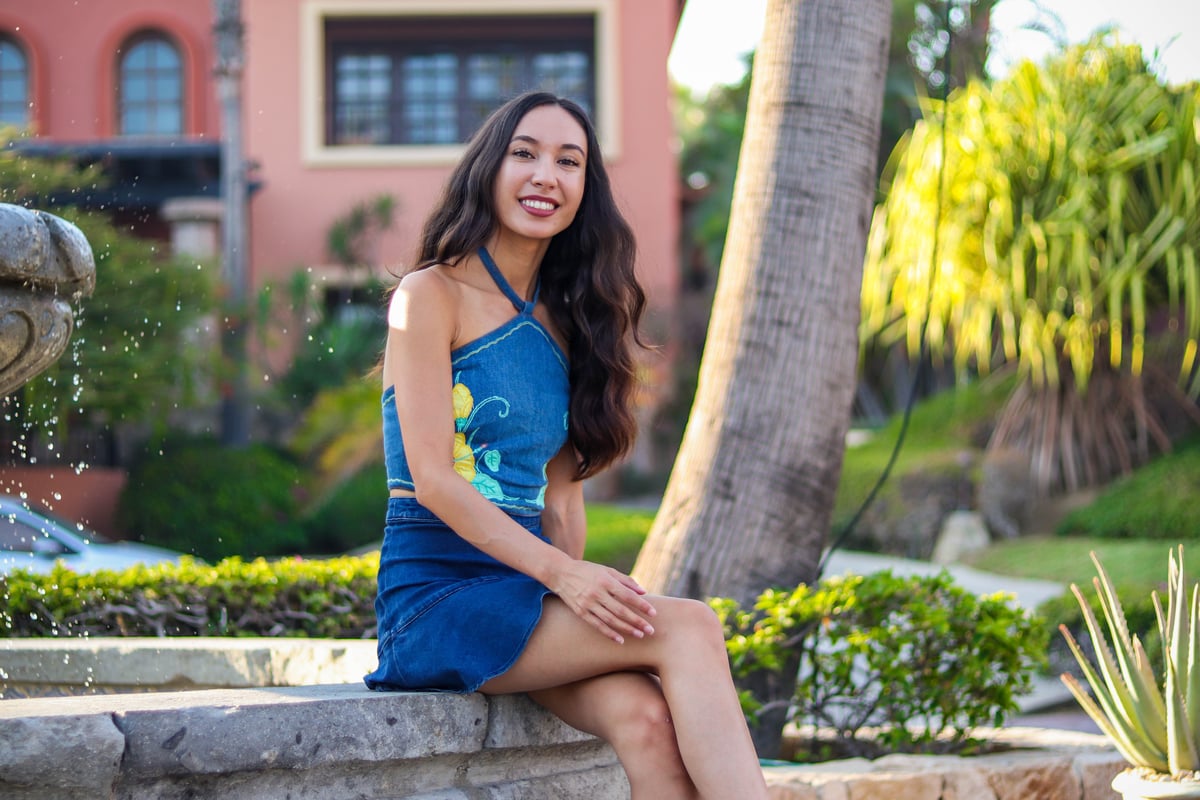
If you want to support independent women's media, become a Mamamia subscriber. Get an all-access pass to everything we make, including exclusive podcasts, articles, videos and our exercise app, MOVE.
Money broke up my parents.
Like so many couples, it wasn't the only thing they fought about, but it was the thing they couldn't get past. My dad, a Malaysian Chinese immigrant, treated saving money like an Olympic sport.
He'd take showers with the water turned on so low you'd think there was a plumbing issue and he hoarded McDonald's napkins like they were collectables.
My mum, an Australian with Irish-Scottish roots, on the other hand, saw money completely differently. She believed it was meant to be enjoyed. She'd crank the heater up in winter without a second thought, have long phone calls with family overseas, and buy the things that made her happy.
Listen to BIZ: INBOX: Say This Instead Of "That's Not My Job" & The Networking Script That Works. Post continues below.
Those two extremes clashed until there was nothing left to fight for.
Watching it all unfold as a child left a mark on me. I became determined that money would never become a source of stress or resentment in my own relationships. But even as a "money expert", I'll admit: it's not easy.
When my partner Pablo and I first moved in together, we didn't talk about money much. We defaulted to splitting everything 50/50 because… well, that's what you do, right? It felt fair.
Except it wasn't.
At the time, I was a university student working part-time, while Pablo had a full-time job. At the end of every month, I was broke and stressed, barely keeping my head above water. Meanwhile, he had money left over.





























































































